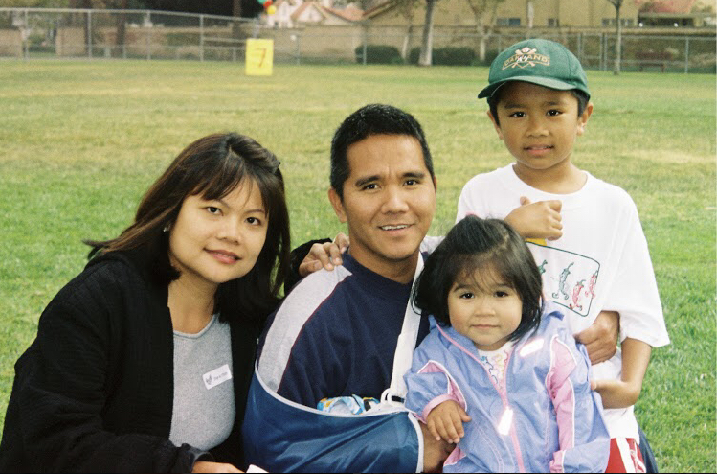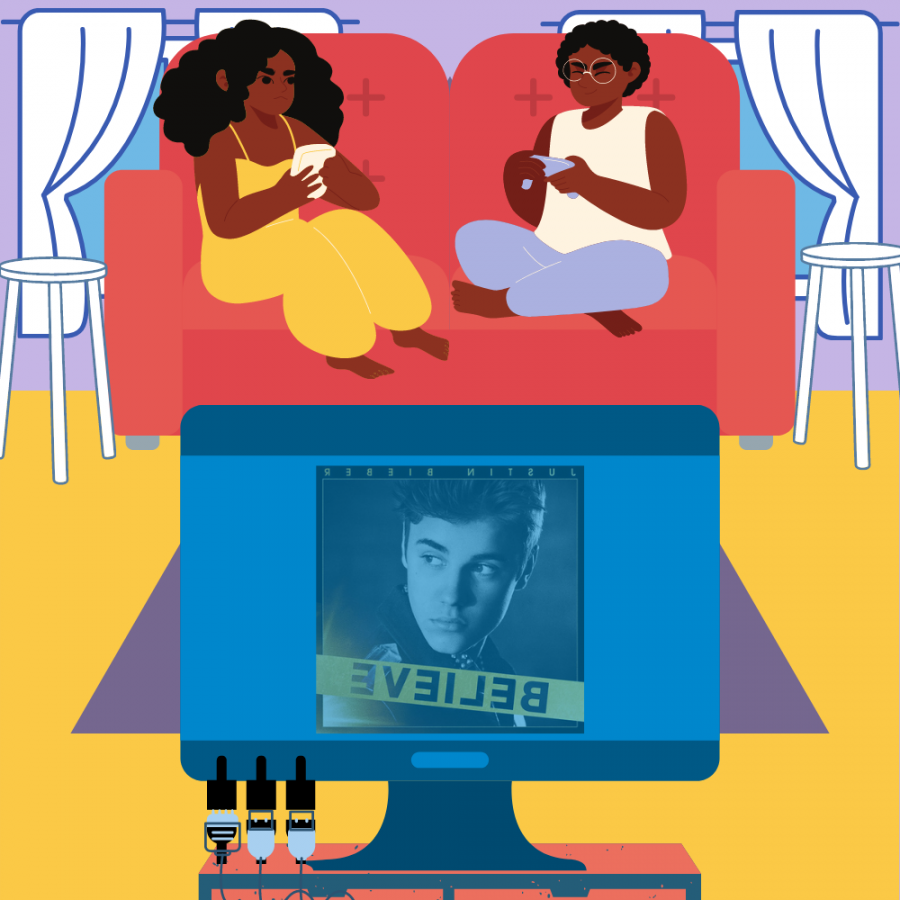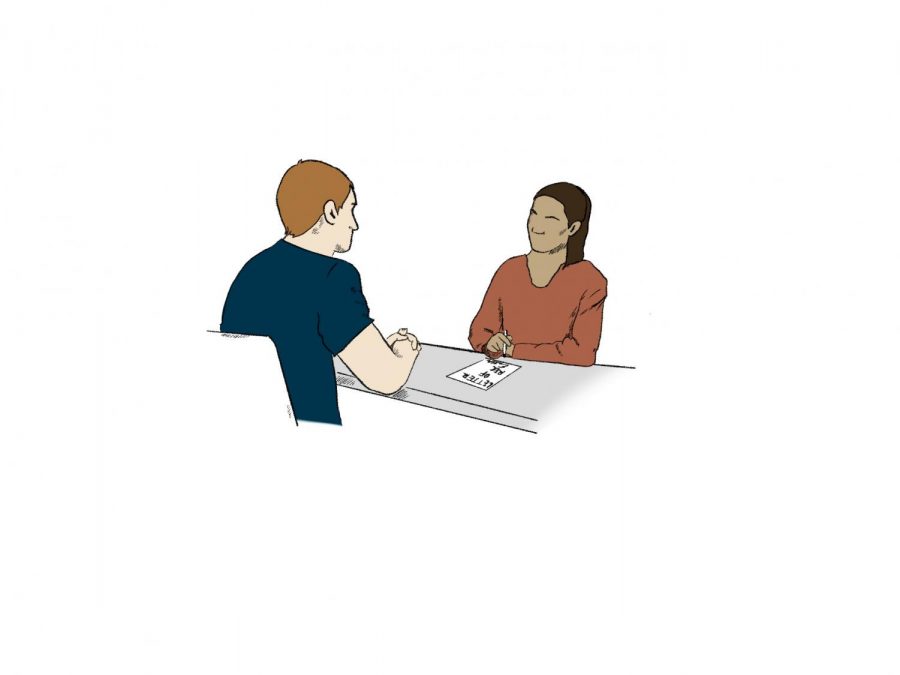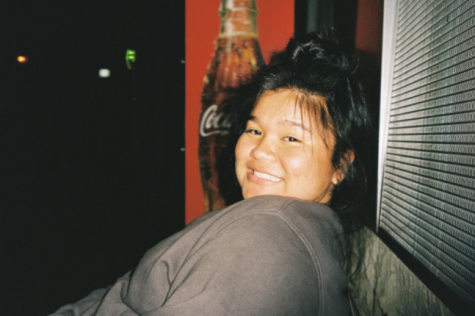Growing up as a first-generation Filipino-American in a town with close to no other Filipinos, I became deeply estranged from my culture. My parents were ostracized because of their culture, accent, and appearance, so much that they worked their hardest to assimilate my brother and me to the American culture we grew up around.
To this day, I do not know my native language and am disconnected from my Filipino culture and roots. I was one of five non-white children in my elementary school and I vividly remember being made fun of for the clothes I wore and the home-cooked meals I would bring from home.
The erasure of Filipino culture and language has been in play ever since we have been colonized by Spain and later, the United States. Even as a country, the Philippines is made up of hundreds of islands which adds to the complexity of Filipino culture. Even the idea of the Philippines being a single state is a Spanish invention.
There is a growing movement of other young Filipinos working to bring about more education and knowledge about our culture before colonization occurred. There are a few TikTok accounts that do this quite eloquently in short videos, explaining forgotten parts of Filipino history such as Filipino tribal tattoos and Babiyan script. Similarly, I have sought to understand and educate myself of the culture I have been robbed of by joining on-campus organizations like Ab Samahan, and choosing Asia as my emphasis for one of my majors, Comparative International Studies.
The identity crisis a majority of Filipino-Americans go through, much like myself, consists of a weird and awkward grey area. We are ethnically Filipino, with American nationality, but are unable to connect with either identity. We know the basics of Filipino culture, but it is confined to our homes and education; taking our shoes off before we go inside, not eating until everyone gets their food, feeding guests regardless if they have already eaten, and that school and education is more important than anything else.
There is an odd space of “not being Filipino or American enough” to fit in with either crowd. Many Americans do not share the same cultural values as we do, but some other Filipinos’ cultures extend past those listed. The grey area that I have lived in my entire life has been quite a unique experience and I am sure that other Filipino-Americans have lived similar experiences.
Throughout elementary, middle, and high school, I surrounded myself with Latinos — the only group of people that seemed to accept me socially. On a surface level, I am more familiar with Mexican culture than my own Filipino culture. I know how to speak Spanish, but I am not able to form a single sentence in Tagalog or Ilocano. I even get mistaken as Mexican. My last name is Jose, you can imagine the confusion some people have after finding out that I am in fact, Asian. I am proud to be Filipino but sometimes feel ashamed for not being exposed to elements of my culture outside of food.
Even now, I have little to no Filipino friends. I had a Debut, an extravagant eighteenth birthday celebration for Filipinas that includes multiple choreographed dances and different cultural elements and traditions; however, I had no Filipinos on my court — only Mexicans. Scaling out, I do not even fulfill a single Filipino stereotype — I cannot dance or sing, and cannot understand anything STEM-related to save my life.
My mom was born and grew up in the Philippines. She prides herself on her knowledge of the American culture and history that she learned growing up. A large part of my mom’s upbringing and in my life has been the United States Navy. The U.S. Navy is the reason I am alive — my mother got her papers through her uncle who was a sailor and my dad was drafted by the U.S. Navy from the Philippines when he was 17.
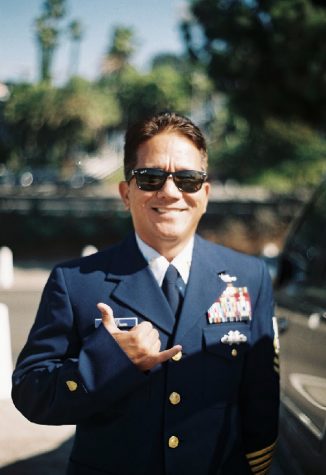
The Philippines is the only Asian country that has been colonized by the United States and both American and Western influence in the Philippines is quite predominant. For example, lighter skin and the ability to speak clear and fluent English is coveted and a sign of high social class. Any goods that are “MADE IN THE USA” are coveted — regardless of how it looks or tastes.
The U.S. influence on the Philippines influenced my parent’s views, which in turn influenced my experience growing up as a Filipino-American. In the summers, my mother would get angry with my brother and I when our skin would get dark. She also questioned why we did not have any white friends. In the same way, the strong military background and love for American capitalism also influence her conservative political beliefs.
Today’s social media age has emphasized the importance of embracing each part of your identity and the things you take pride in. This has been something that I have had a difficult time doing, but it is important to recognize that there is no part of your identity that you should be ashamed of. I am Filipino-American, and the combination of my parents’ experiences and my culturally isolated upbringing makes me who I am today.
Gaby Jose is a sophomore studying Comparative International Studies, English SSTC and Spanish. Follow her on Twitter @8oh5ive.




